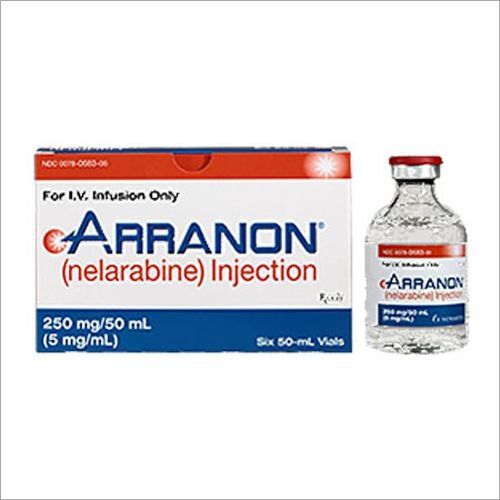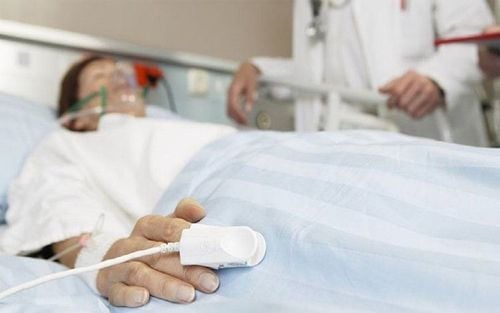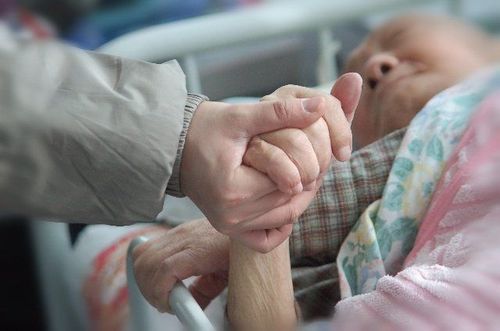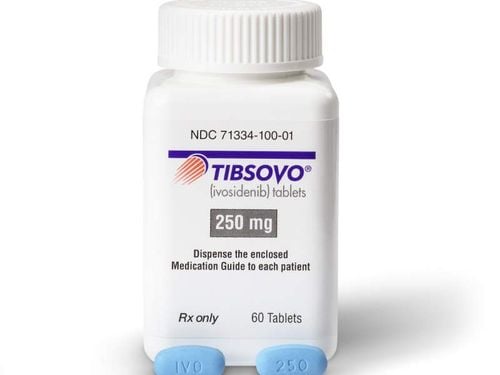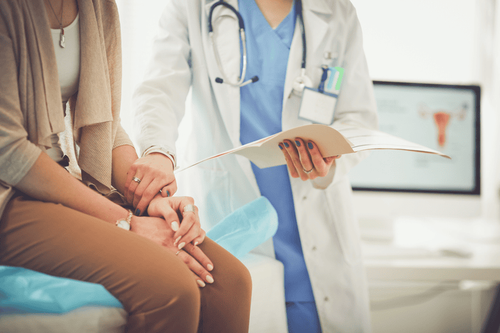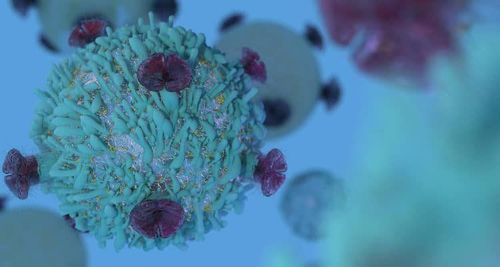This is an automatically translated article.
Any cancer treatment can cause side effects or changes to the child's body that affect the child's mood and emotions. When caring for children with acute lymphoblastic leukemia (ALL), parents need to keep a few things in mind:
1. Monitor for physical side effects
Treatments for childhood cancer will cause a wide range of side effects. Depending on the health, stage of the cancer, the length of treatment, the method of treatment, the course of treatment, each child will have a different risk of facing different side effects.
You need to monitor and notify the doctor immediately about the appearance of new side effects or the change of side effects in children after treatment for acute lymphoblastic leukemia (ALL). Based on that, doctors will find ways to treat or manage side effects to help the child feel comfortable and avoid the condition from becoming serious.
Sometimes, physical side effects can persist after treatment ends, these are long-term side effects. They can occur months or even years after treatment. Treatment of side effects is an important part of post-treatment care for children with ALL.
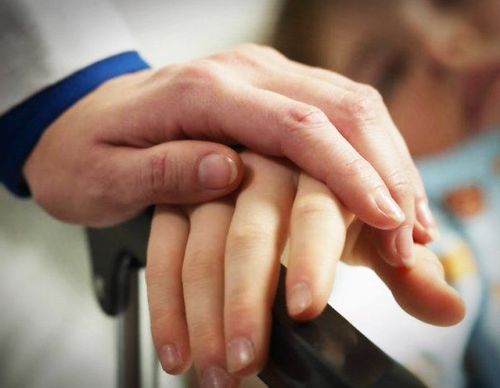
Người bệnh ALL cần được theo dõi các tác dụng phụ của bệnh
Treatments for childhood cancer will cause a wide range of side effects. Depending on the health, stage of the cancer, the length of treatment, the method of treatment, the course of treatment, each child will have a different risk of facing different side effects.
You need to monitor and notify the doctor immediately about the appearance of new side effects or the change of side effects in children after treatment for acute lymphoblastic leukemia (ALL). Based on that, doctors will find ways to treat or manage side effects to help the child feel comfortable and avoid the condition from becoming serious.
Sometimes, physical side effects can persist after treatment ends, these are long-term side effects. They can occur months or even years after treatment. Treatment of side effects is an important part of post-treatment care for children with ALL.
2. Emotion tracking and social effects
Your family may experience some emotional and social effects as well as physical effects after a cancer diagnosis. This may include handling difficult emotions, such as anxiety or anger or stress. Sometimes, patients and their families have problems expressing how they feel to loved ones or people don't know what to say in response.
Some people have found that talking to a psychologist, counselor, or member of a cancer care team can help them have a more effective way of dealing with and talking about cancer.
3. Follow-up for recurrence
The goal of follow-up care is to check for recurrence, which means the cancer may come back. Cancer recurs because small areas of cancer cells can remain undetected in the body. Over time, these cells can increase in number until they show up on test results or cause signs or symptoms.
During follow-up care, a doctor who knows your medical history will provide you with personalized information about your risk of cancer coming back. The doctor will ask specific questions about the patient's health status. During routine follow-up care, some patients may have blood tests or imaging tests, the order of which depends on many factors, including the type of cancer and stage. disease stage at the time of initial diagnosis and previous types of treatment.
Predicting results before testing or waiting for results only puts extra stress on you and your family. This is called "scan-xiety", which translates to anxiety and fear when having an imaging test to check for cancer.
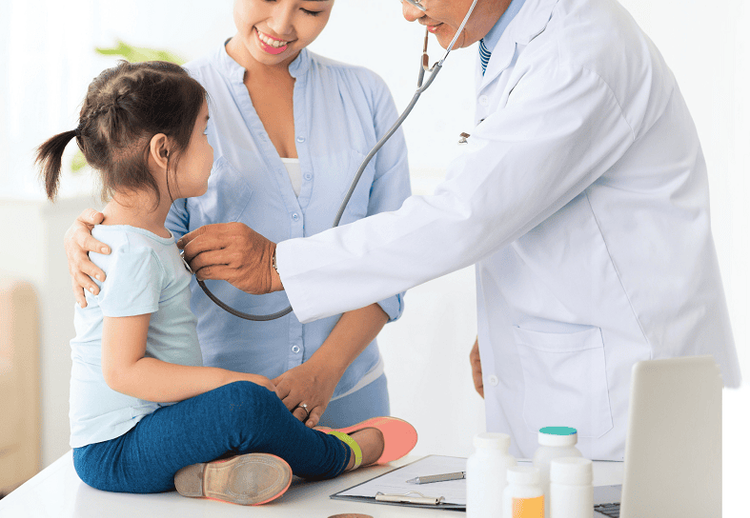
Thăm khám định kỳ để theo dõi ung thư tái phát
4. Solve financial problems
Cancer treatment is expensive and takes a long time. This is a source of stress and anxiety for families dealing with a cancer diagnosis. In addition to the cost of treatment, the families and loved ones of cancer patients incur additional unexpected expenses related to child care. It is necessary to have a clear financial plan to reduce some of the psychological burden for the patient and his family. Besides, you can also share financial problems with loved ones to ease this worry.
5. Keep the patient's health record
You need to keep a personal record of the child's medical information The doctor will give the patient's health record to the next of kin. That way, when the child enters adulthood, he or she has a clear history of the disease such as diagnosis, treatments, and the doctor's recommendations for a schedule of care to monitor the progress of the disease.
Some children need to continue seeing their cancer doctor while others return care to their GP or another health care professional. This decision depends on several factors, including the type and grade of cancer, side effects, health insurance rules, and your family's personal preferences. Talk to the health care team about your child's ongoing medical care and any concerns you have about your child's future health.
The earlier the cancer is detected, the more effective the treatment will be, so screening for cancer is very important. Currently, Vinmec International General Hospital has been a leading medical facility in the field of cancer detection and screening even when patients have not yet shown any symptoms. The high-tech cancer screening package at Vinmec will help screen and timely detect warning risks in the patient's body to optimize treatment efficiency, reduce costs and improve quality of life.
To register for examination and treatment at Vinmec International General Hospital, you can contact Vinmec Health System nationwide or contact directly HERE.
References: Cancer.net
MORE:
What is Chronic Lymphocytic Leukemia? Psychotherapy for cancer patients How to care for cancer patients at home When should Palliative care in cancer treatment be started?




